:format(jpeg))
Task lights for offices and computer workstation luminaires
Workplace lightingMillions of people spend a large part of their lives at an office workplace or working from home. Adequate lighting reduces or even eliminates signs of eye strain: Fatigue, eye discomfort and headaches. They are replaced by efficiency, motivation and an overall new sense of physical and mental well-being!
Top categories at Lampenwelt
Frequently asked questions about workplace lighting
Legal regulations
Legal regulations govern lighting in the workplace - even in Germany. They are listed under § 6.1, General requirements for VDU workstations, of the Workplace Ordinance (ArbStättV).
- The work tables or work surfaces must have a low-reflection surface and be positioned in such a way that the surfaces are free of disturbing reflections and glare during work. Luminaires with a low glare value, i.e. UGR<19, and indirect light distribution help to fulfil this requirement.
- In combination with the DIN EN ISO 12464 -1 standard, the lighting must not only correspond to the work task, but must also be adapted to the individual vision of the employee. For example, a higher illuminance of 750 to 1,500 lux is recommended for older employees and visually impaired people, while the same visual task can be performed by a younger employee with 500 lux.
:format(jpeg))
Technical aspects
Different light sources differ not only in terms of the presence or absence of spectral colours (the result is the colour rendering), but also in terms of the intensity of the spectral colours that make up the light (the result is the light colour).
:format(jpeg))
Light colour / colour temperature
The light colour or colour temperature is measured in Kelvin (K) and describes the individual inherent colour of a white light source, generally perceived as "cooler" or "warmer".
The specification of the light colour in Kelvin should not be confused with colour-changing light technologies (RGB), in which light can shine in red, blue, green or yellow, for example. A rough distinction is made between three light colours:
- Warm white (<3,300 Kelvin) =\ cosy light for living spaces
- Universal white (3,300 - 5,300 Kelvin) =\ functional light for working
- Daylight (> 5,300 Kelvin) =\ bluish light for basements and utility rooms
Colour rendering / CRI
The colour rendering index (CRI) indicates how natural the colours of an object appear when illuminated by the corresponding light source.
A CRI of Ra 100 means that colours are reproduced as they would be under daylight. Ra >= 90 indicates very good colour rendering, Ra >= 80 good colour rendering. Light sources below Ra 80 are not recommended for living spaces, as colours could be distorted or rendered greyish.
:format(jpeg))
Lighting examples for individual workstations, desk groups and open-plan offices
A good ratio of indirect light and directed light maximises comfortable lighting conditions for the eyes and avoids hard shadows. For this reason, several lights are used for each lighting situation, for example an LED panel for large-area room lighting and a desk light for support.\ Some luminaires, such as the ceiling washlight, can also produce both types of light: an indirect light component that shines towards the ceiling and reflects from there, and a direct light component that illuminates the workplace.
:format(jpeg))
Pendant luminaires can be an alternative to office floor lamps. They are completely glare-free thanks to diffusers or louvres.
:format(jpeg))
A regularly used home office deserves the same lighting conditions as a single workstation in a company office and can be customised.
:format(jpeg))
The desk lamp is a space-saving alternative to the floor lamp. The light colour and colour rendering must also be taken into account.
Further top functions for the task lights in the office
:format(jpeg))
Increased quality of work and relaxation thanks to automatically adjusted colour temperature.
:format(jpeg))
Felt panelling of the screen for sound absorption, for example in the open-plan customer service office.
:format(jpeg))
Economical use of light and comfort for employees thanks to precise presence detectors.
:format(jpeg))
Bluetooth, group/swarm control, sensors for temperature, noise level and air quality.




































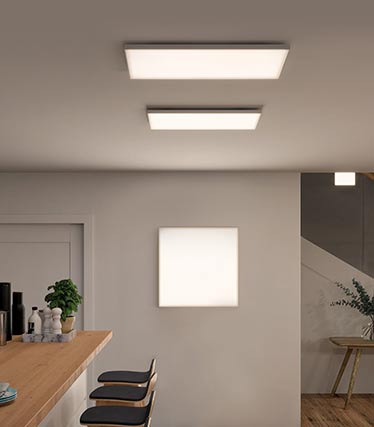









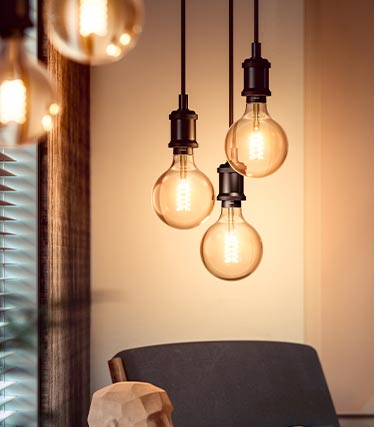








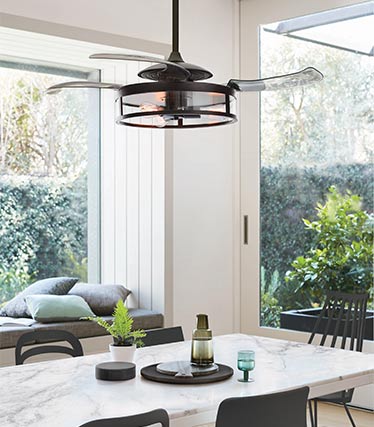

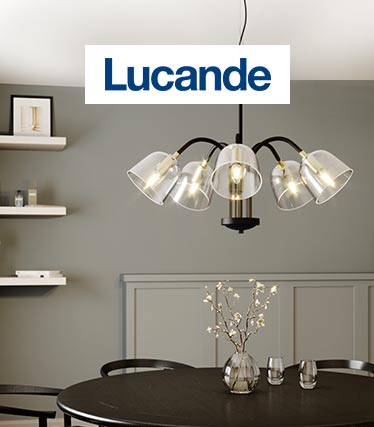




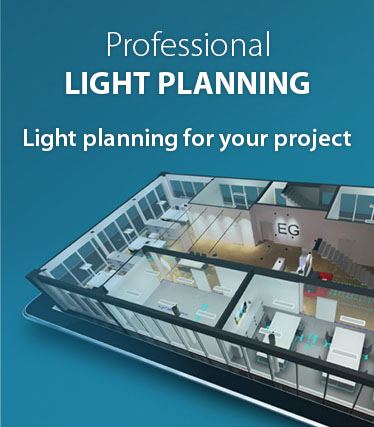




:format(jpeg))
:format(jpeg))
:format(jpeg))
:format(jpeg))